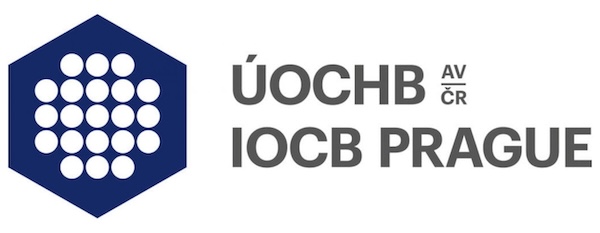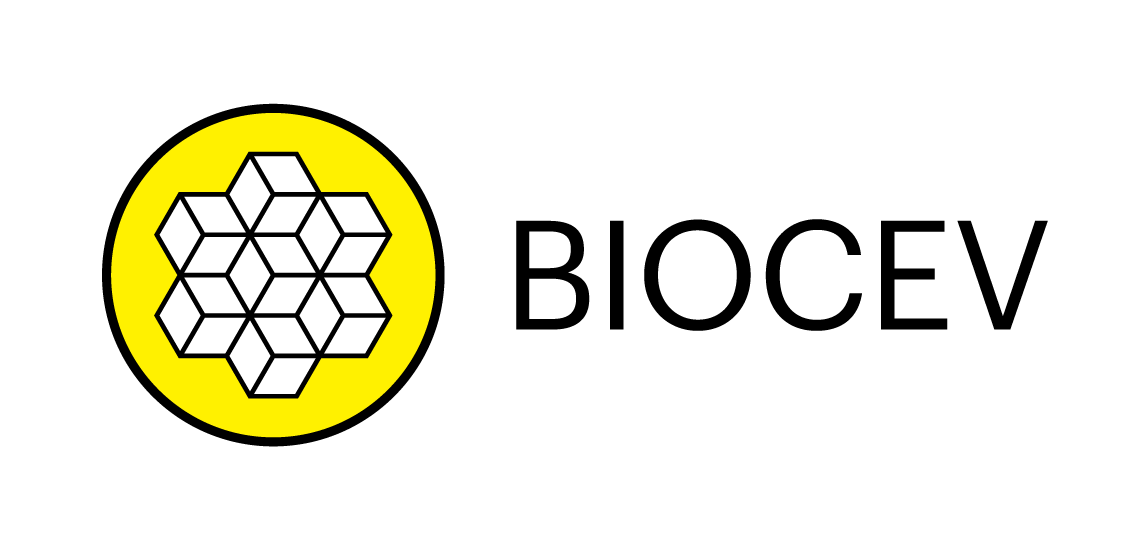The Czechoslovak Biochemical Society was founded in 1956, so this year’s FEB3+ Meeting: Biochemistry Congress is an opportunity to celebrate its 70th birthday in advance.
In the 1950s, at a time of fundamental discoveries in the description of metabolic pathways, at a time of intensive search for molecular energy metabolism and ATP production under aerobic conditions, but also at the time of the discovery of the DNA double helix, one of the iconic discoveries of the twentieth century, biochemistry became a scientific discipline of fundamental importance for revealing the secrets of life.
New national biochemical societies were created at that time as professional associations enabling their networking, amplifying the potential of such beneficial cooperations.
The founder and first chairman of the Czechoslovak Biochemical Society was Professor Jaroslav Hořejší (1905 – 1997), a prominent clinical biochemist. The founder of modern Czechoslovak biochemistry is considered to be Professor Josef V. Koštíř (1907 – 2000), who founded the first department of biochemistry at Charles University in 1952.
The Czechoslovak Biochemical Society has so far organized a total of 3 FEBS conferences/congresses in 1968, 2009 and 2018 and one IUB congress in 1988, at the time the largest scientific congress in Czechoslovakia.
In 1993, Czechoslovakia was divided into two independent states, and with it the division of the biochemical society and the expansion of the name and mission of the original biochemical society to include molecular biology.
Since then, we have had the Czech and Slovak Societies for Biochemistry and Molecular Biology working closely together.
The history of biochemistry and molecular biology in the Czech Republic and Slovakia will be guided by moderator Daniel Stach in a discussion with long-time presidents of the national biochemical societies Václav Pačes (ČSBMB) and Ján Turňa (SSBMB) and former scientific secretary of the ČSBMB Radim Černý.
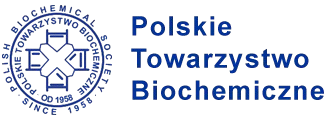
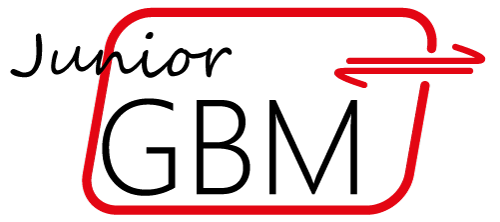
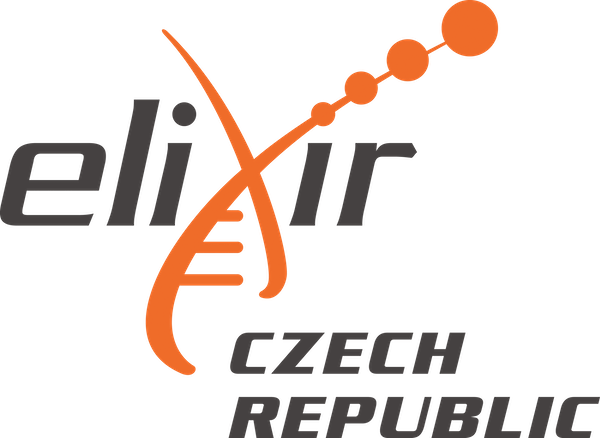 has joined.
has joined.